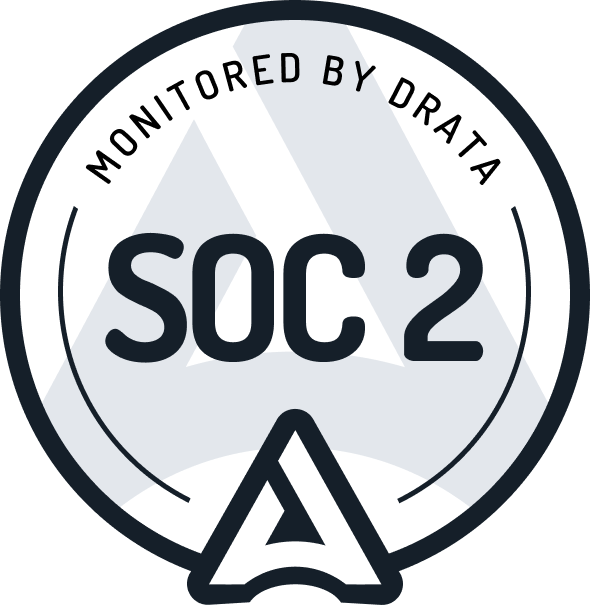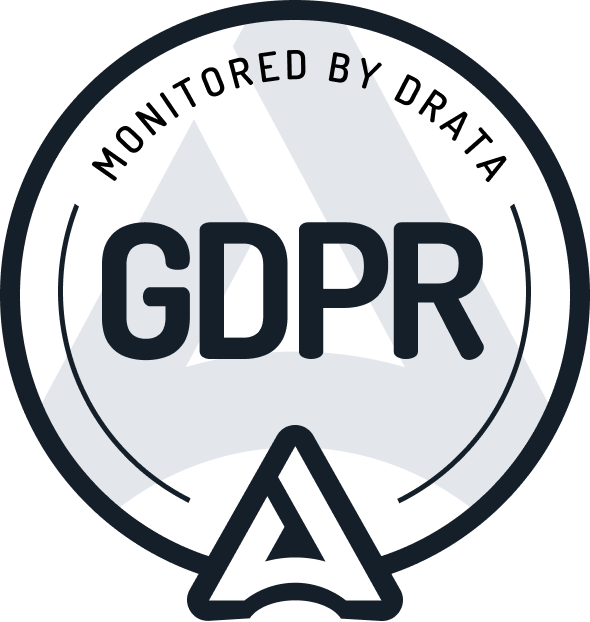
Introducing: Open Source Alternative To
Get notified when customers mention you online - with Crowdlens
Even 24 years after the term "open source" was coined, we are still at the very beginning. At crowd.dev, we believe that the open and collaborative spirit will take hold in other areas of business. But the rise of open source is not just wishful thinking. The numbers back it: In the last 18 months, commercial open source startups have raised more than $25B, bringing the overall market cap of open source software to over $230B [2][3]. While these are still small numbers compared to the overall $20T software market, open source grows faster than the proprietary segment.
In the last years, open source clearly crossed the chasm. Instead of being limited to developer tools (infrastructure, SDKs, DBs, etc.), open source alternatives in all kinds of software areas popped up. Even consumers started to realize the advantages of open source software with projects such as Signal (open source alternative to WhatsApp, Telegram & co).
All of these developments motivated us to build a central directory of 300+ open source alternatives that you can use today to get rid of your proprietary SaaS vendors. But first, let's take a step back.
Why you should switch to open source
If you don't know why you should use open source instead of proprietary software, we have a small summary for you. One of the obvious (and intentionally not listed) reasons is "cost-efficiency". We believe that no one should choose open source only because it's free. There are so much better reasons:
Community
Usually, every bigger open source project is backed by a vibrant community of contributors. This community makes support accessible and ensures that the project lives up to a particular ethos. Open source communities are also a great way to get a sense of belonging and learn coding from more experienced developers, lowering global social barriers to enter tech careers through its distributed and free spirit.
No vendor lock-in
Almost every company has had painful experiences with vendor lock-ins in the past. Just take a moment and consider switching your public cloud provider. With open source, you are free to refuse commercial offers and develop your custom solution based on a fork of the open-source project (note: developing your own commercial offers might be restricted by the respective license). Additionally, large open source communities benefit from a large number of developers being familiar with the technology, making it easier to hire developers for customization and avoiding "developer lock-in".
Customization
Open source allows you to fully tailor products to your needs, while proprietary software vendors usually do not let you customize their software unless you upgrade to an enterprise tier. This opens up new product opportunities, speeds up the development process, and enables companies to go to market quicker.
Data ownership
Open source software can be self-hosted, allowing you to keep your precious data on your servers. This way, no third-party company or platform will be able to collect your data and use it for its privacy-violating business model.
Security
Open source allows everyone to inspect and test the code for security vulnerabilities and bugs. As a result, nowhere else CVEs (critical security vulnerabilities) are found, reported, and fixed faster.
Innovation
Open source projects are entirely building a public. They can't create a moat against competitors by keeping their software secret. This forces open source to constantly innovate and makes it probably one of the most user-focused sectors in the world.
Introducing Open Source Alternative To
We love open source challengers and the communities they bring to the world. Also, we have benefited heavily from open source software during our own product development. Therefore, we decided to curate a list of (almost) all the amazing open source alternatives to proprietary SaaS.
You may be wondering now: why did you build *another* open source directory? And our answer is: First, there can't be enough resources rooting for all of these upcoming open source champions that often have no funding and a difficult business model. Second, we added a range of functionalities that we couldn't find in other directories (you can find a list of other excellent directories below).
opensourcealternative.to comes with:
- 300+ open source alternatives to proprietary software (largest database out there)
- Search function and filters for popular categories, licenses, and languages
- Sort function for most recent and most popular alternatives
- SEO-optimized landing pages for every project
- Daily-updated GitHub metrics
- Easy form to submit new projects
We hope you like our small project and are happy to receive any comments or questions. If we've missed your open source alternative, feel free to submit it here.
To round this up, we'd like to take the chance and shout out some of the open source favorites of the Crowd.dev team:
- cal.com (Calendly)
- NocoDB (Airtable)
- Appflowy (Notion)
- Brave (Google Chrome)
- Plausible (Google Analytics)
- Pipedream (Zapier)
- Rocket.chat (Slack)
References
- https://jonathimer.medium.com/how-open-source-is-changing-software-commercialization-e6d901b1ef68
- http://oss.cash/
- https://www.coss.community/cossc/open-source-is-eating-software-faster-than-software-is-eating-the-world-3b01
- https://rajko-rad.medium.com/the-rise-of-open-source-challengers-4a3d93932425
Other open source directories
Get insights to your inbox.
Once per month. No spam.


.png)





